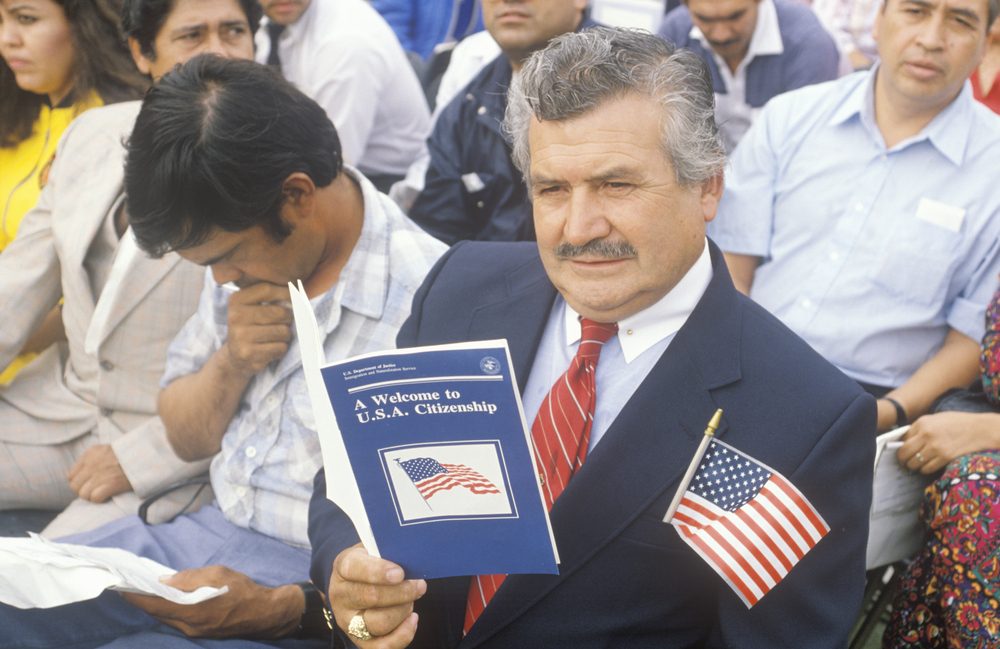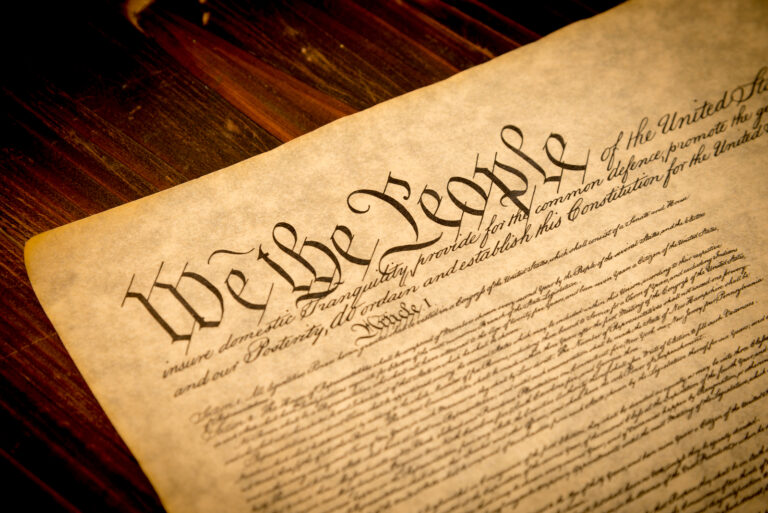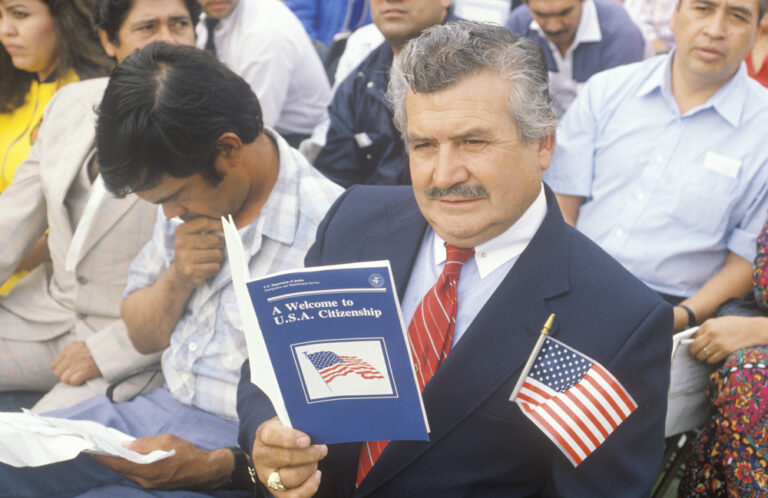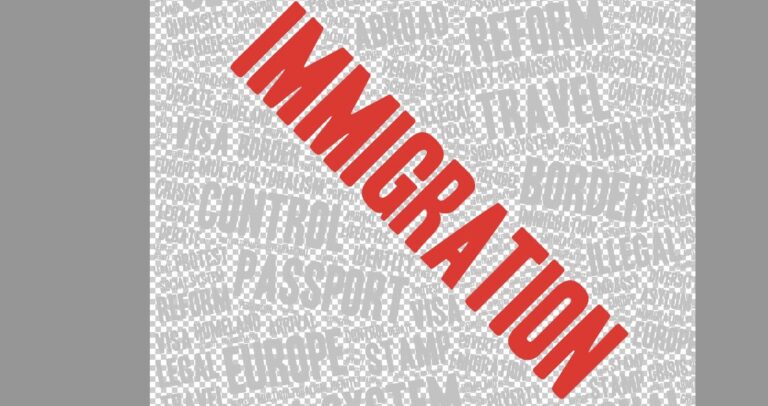By Melanie Slone
The US Constitution was signed in Philadelphia on September 17, 1787. That date is now considered Constitution Day and Citizenship Day, when we celebrate the US Constitution and all who have become US citizens. How much do you know about this document that lays out your rights?
The most important precepts in the Constitution include a limited government with limited authority; popular sovereignty—meaning power originates from the people, not the government—; federalism, which divides power between the federal government and states; separation of powers between the legislative (Congress), executive (president and cabinet), and judicial (courts) branches; and checks and balances, which means each branch has the power to limit the actions of the other two so that none becomes too powerful.
There are also important Amendments to the Constitution, beginning with the first 10, called the Bill of Rights, which confer fundamental rights and liberties on all citizens. They include freedom of speech and religion, the right to bear arms, and the right to legal representation, among others.
You’ve probably heard about the 14th Amendment. It defines citizenship and includes the Due Process Clause and the Equal Protection Clause. Due Process means the government must follow certain procedures before it deprives ANYONE on US soil, including foreigners and undocumented persons, of life, liberty, or property. When an individual is arrested for a crime, they must be informed of the charges against them, given the right to a fair trial, and get the opportunity to present evidence and witnesses in their defense. In practice, whereas citizens have defined rights under Due Process, these rights are not so clearcut for noncitizens. Ask a lawyer about the precise rights for foreigners and undocumented immigrants under Due Process.
Regarding citizenship, there are two types: birthright or naturalization. Naturalized citizens are foreign-born people who follow a process to become US citizens. Birthright refers to all persons born on US soil, who are automatically citizens. Trump has issued an executive order to end birthright citizenship, but it is being challenged in court.
You can take courses on the Constitution, citizenship, voting, and much more with Universidad Popular.




